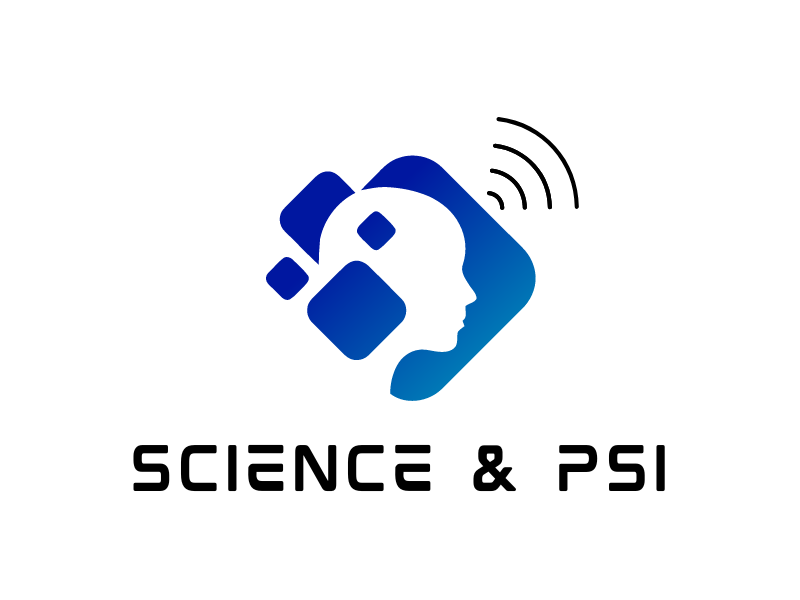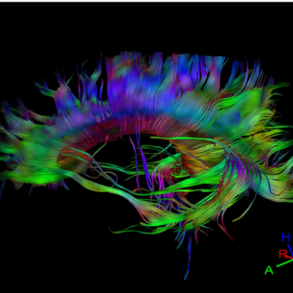Abstract
This article rethinks consciousness from a fresh, human-centered perspective, placing the Human Will at the heart of our understanding of consciousness. It positions the Will as more than just an emergent product of neural processes, suggesting it’s the root of conscious thought and parapsychological experiences like telepathy and retro-causation. Drawing on philosophical foundations from Kant to Schopenhauer and building on contemporary studies across neurobiology, psychology, and parapsychology, this work makes the case for re-evaluating the reach and power of human consciousness. Through interdisciplinary insights, it suggests that concepts previously relegated to the fringe are intrinsic human realities.
Introduction
What if our consciousness is not just a byproduct of neural firings or random impulses but something more? What if the very act of willing – the Human Will – shapes our conscious experience and bridges us to phenomena beyond ordinary comprehension? Here, we explore how consciousness and the Human Will are intrinsically linked and how this relationship offers explanations for experiences that science and philosophy struggle to explain, such as telepathy and precognition.
The journey ahead will pull from groundbreaking research in neuroscience and psychology, tying them to deep philosophical questions. We’ll consider the work of neuroscientists, psychologists, and philosophers to build a case for consciousness as something profound, a phenomenon that goes beyond neurons and synapses into the realm of intention and, perhaps, even interconnectedness.
1. The Theoretical Framework: Consciousness, Will, and Soul
1.1 Redefining the Human Will
The idea of the Human Will has ancient roots, with Kant, Schopenhauer, and later thinkers all tackling its significance. Kant’s Critique of Pure Reason (1781) proposed the “transcendental ego” as a fundamental aspect of human experience, suggesting that the Will isn’t just an active agent but the primary filter through which consciousness experiences reality. Schopenhauer expanded this idea, viewing the Will as the “thing-in-itself,” the real core of human experience.
These perspectives suggest that our Will doesn’t merely follow neural impulses but guides them, shaping reality and our experience of it. This has fascinating implications when combined with modern neuroscience. Studies in neural decision-making (Schurger et al., 2012) show that even the simplest of human decisions aren’t as straightforward as once thought. Researchers have discovered that brain regions linked to decision-making are active before the conscious mind becomes aware of making a choice. But does this mean consciousness is merely reactive, or could it indicate a deeper, active component within us – the Human Will?
1.2 Neuroscience and the Reality of Free Will
A significant body of research investigates how decisions form in the brain, aiming to understand if, and how, our conscious choices are truly “free.” But contemporary neuroscience remains divided. For instance, Haynes (2011) demonstrated that neural precursors of decisions are detectable seconds before conscious awareness of the choice, leading some to argue that free will is an illusion. However, other researchers counter this view by emphasizing a potential non-linear connection between consciousness and neural activity. For example, Soon et al. (2008) proposed that “pre-conscious” decision signals aren’t conclusive, suggesting the Will may play a directive role after all.
Emerging research even challenges the traditional model by presenting consciousness as an orchestrator rather than a mere byproduct. Instead of deterministically following neural impulses, consciousness might shape decision-making through a layered interaction with subconscious processes. Neuroscientists like Christof Koch (2012) propose that consciousness serves as a bridge between neural processing and personal intention, further supporting the idea that the Human Will is a primary causal force, guiding decisions through intention and desire.
2. Complexities of Time and Perception in Decision-Making
2.1 Time, Eventualities, and Possibilities
In the context of Will and consciousness, time becomes more than a linear succession of moments. Some philosophers and physicists, like Julian Barbour (1999), argue that time doesn’t exist as we perceive it but is more like a series of potential states or “eventualities.” This view, supported by quantum theories, suggests that choices exist as latent potentialities – future outcomes influencing present decisions in ways we are only beginning to understand.
In the realm of consciousness studies, “retro-causation” – the idea that future events can influence the present – has gained traction. Bem (2011) conducted a landmark study on precognition, demonstrating that participants could anticipate future events statistically better than chance. These findings prompt us to rethink time, suggesting that Will and consciousness might operate on a broader temporal spectrum, guiding decisions with information that our linear minds don’t readily access.
2.2 The Quantum Brain and Free Will
At the edge of neuroscience lies a controversial hypothesis: the quantum brain. Some researchers, such as Hameroff and Penrose (1996), propose that the brain’s microtubules – tiny structures within neurons – operate at quantum levels, potentially enabling non-local connections across time and space. This theory, while still speculative, aligns intriguingly with research on consciousness as a field that can influence physical matter.
If consciousness and the Human Will indeed operate at a quantum level, this could mean that our Will is not bound by immediate neural impulses but can access broader “waves” of potentialities. This would grant the Human Will an almost timeless scope, a capacity to interact with future eventualities and past experiences simultaneously, and could explain the phenomena observed in parapsychological studies on precognition.
3. The Duality of Mind: Conscious and Subconscious Realms
3.1 Consciousness as a Conduit
Our conscious and subconscious minds function in a dualistic relationship, one that significantly shapes our perceptions, decisions, and sense of self. Kahneman’s Thinking, Fast and Slow (2011) famously differentiates between System 1 (fast, subconscious processing) and System 2 (slow, conscious thought). Consciousness may act as a gateway between these systems, integrating subconscious insights with conscious awareness.
Studies by Bargh (1999) show how subconscious priming affects conscious decisions, often without the individual’s awareness. This aligns with Jung’s concept of the “collective unconscious,” suggesting that our Will, operating at the subconscious level, is deeply interconnected with both personal and collective experiences, shaping conscious decisions with information beyond the immediate.
3.2 The Mind as a “Microprocessor” and Beyond
The conscious mind is often likened to a microprocessor, processing limited information with linear logic. However, consciousness researchers argue it is more than that – it’s a vast, interconnected network capable of transcending its immediate data inputs. For instance, Kosslyn (2006) explores how imagery in the subconscious can influence conscious thought, suggesting a broader model where consciousness orchestrates a deep, non-linear exchange of information between layers of the mind.
Such a model supports the idea of the Human Will as an active agent in consciousness, synthesizing subconscious influences with conscious intent to shape perception and action in ways that defy traditional neural models.
4. Parapsychological Phenomena as Extensions of Consciousness
4.1 Telepathy: Studies and Perspectives
Telepathy is one of the most debated phenomena within parapsychology, with studies suggesting that consciousness can transcend individual boundaries. A meta-analysis by Storm et al. (2010) reviewed over a century of telepathy studies, revealing statistically significant effects that challenge conventional explanations. Radin’s work (1997) further explores this, showing that individuals could “send” and “receive” information across distances without physical interaction, lending credence to the hypothesis that consciousness operates on a shared plane of existence.
4.2 Precognition and Retro-Causation
Precognition and retro-causation have gained renewed attention as researchers like Mossbridge and Radin (2014) present evidence that individuals can sense events before they happen. Their studies indicate that consciousness might be attuned to future probabilities, and the Human Will may possess the ability to influence these probabilities.
These findings align with quantum theories proposing that the future, like the past, has a real effect on the present. If consciousness operates non-linearly, as these studies suggest, this would make the Human Will a force capable of interacting with potential future states, effectively bridging temporal boundaries.
Conclusion
The exploration of the Human Will as the foundation of consciousness invites us to rethink consciousness itself – not merely as a passive product of the brain but as an active, causative force with parapsychological dimensions. From Kant’s philosophical explorations to cutting-edge neuroscientific and parapsychological studies, evidence mounts for a view of consciousness that is as mysterious as it is profound.
As scientific and philosophical inquiry converges on these questions, the Human Will emerges as a potentially timeless force, one that shapes reality through the latticework of consciousness, intention, and interconnectedness. The phenomena we call “paranormal” may ultimately prove to be part of a larger framework of human potential, one that reaches beyond the physical into the very fabric of time, space, and the shared mind.









